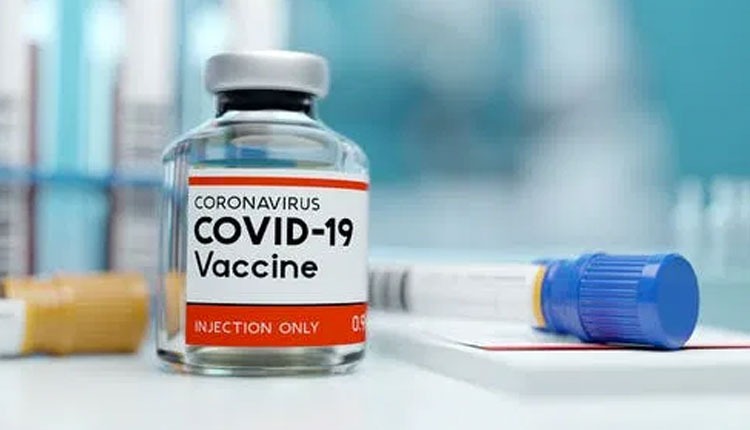As India is preparing for a major inoculation campaign to prevent the spread of coronavirus, which has killed more than 150,000 people in the world, a vaccine war has emerged.
One day after two vaccines got emergency authorization from the drug regulator, one of them, Bharat Biotech, raised the competition pitch. This emerges in the context of widespread criticism of the approval given to Bharat Biotech, which has yet to complete its phase three research and present data on efficacy.
Adar Poonawalla, CEO of the Serum Institute of India told NDTV on Sunday (3 January) that only Pfizer, Moderna, and Oxford-AstraZeneca had demonstrated efficacy, saying that other vaccine candidates, including Covaxin from Bharat Biotech, were “safe, just like water”.
Krishna Ella, chairman and managing director of Bharat Biotech based in Hyderabad, raised questions Monday about the Oxford-AstraZeneca vaccine approval for the Pune-based Serum Institute, India (SII).
Serum was the other company in addition to Bharat Biotech to get the nod from the Drug Controller General of India (DCGI) on Sunday for the Covid-19 vaccine.
In the trial performed by AstraZeneca-Oxford, with which the Serum Institute has a collaboration for the manufacture of the vaccine, Ella expressed trust in his vaccine candidate Covaxin.
He said the Indian regulator would have “shut down the company ” if his company had done a vaccine trial like AstraZeneca.” He referred to an inadvertent dosing mistake in the case of the Oxford-AstraZeneca vaccine in the United Kingdom, where the group obtained a half-and full-dose regimen instead of two full doses.
He also asked why Randeep Guleria, director of AIIMS, suggested that Covaxin should be used as a back-up.
“It hurts us as a scientist….We’re working 24 hours. Do we deserve bashing like this? “said the emotional Ella. He alleged that Covishield’s Serum Institute only has immunogenicity data from 100 people and that the company obtained an emergency use license based on UK details. The vaccine produces the required immune response. No company had safety data for over 1,000 Indians, while he said that his company had over 25,000 Indians.
He also said that it was possible that the AstraZeneca vaccine would not be offered to an individual for the third time. So, if one wants a shot a year later, according to Ella, the vaccine is unlikely to work. When a two-shot vaccine is administered, it causes an immune response against the vector and spike antigen.
“If you give a third dose, the chimpanzee vector will be neutralized and therefore it cannot be taken for the third time or for the second year,” Ella said. The AstraZeneca-Oxford vaccine has used a chimpanzee adenovirus or a cold virus to transmit the genetic material of the pathogen to the cells.
Bharat Biotech published descriptions of its trials in five peer-reviewed journals, Ella said, in line with that of the US-based Pfizer. “In contrast, none of the other Indian players have a single publication in peer-reviewed journals,” he said.
“In contrast, none of the other Indian players have a single publication in peer-reviewed journals,” he said. Ella highlighted this point with a slide presentation that mentions the Serum Institute, Panacea Biotec, Zydus Cadila, Biological E, and Indian Immunologicals.
“Excellent animal challenge data ” was demonstrated by Covaxin, Ella said. “It is the best among all global trials, 100 percent data from animal challenge trials. It showed strong neutralizing antibody titer indicative of efficacy.” Challenge tests are those in which a participant is purposely exposed to the pathogen to see whether the vaccine works.
Bharat Biotech explained that no preliminary results from the phase 3 trials had been submitted for approval. Quintiles, a clinical research organization, manages the data and once there are 146 Covid-19 positive individuals in the study, the data will be unblinded according to protocol. Un-blinding ensures that the organization and the researchers will get to know who obtained the vaccine and who got a placebo.
The firm will begin to evaluate data from subjects fifteen days after the second shot. Phase 3 data will be available around March, Ella said.

